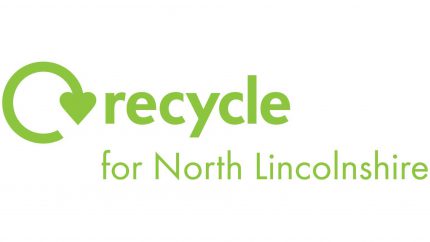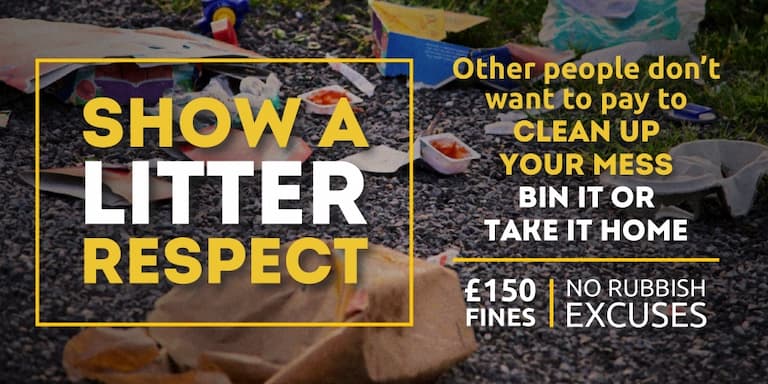Nearly 1,000 people have already made the switch from brown bins to home composters as part of the council’s Grow Don’t Throw scheme.
With spring just around the corner now is the ideal time to join the hundreds of others who have started composting.
Council leader Rob Waltham said: “I swapped my brown bin for a composter two years ago and have not looked back. I believe lots of people making small changes can have a big impact.
“As a council we are committed to reaching net zero by 2030 and hitting the ambitious aims in our One Green Future strategy.
“We can do this without jeopardising jobs or living standards, and becoming a composting hero is a great way of working towards this.”
Composting recycles your daily plant and food waste, along with other organic materials such as grass cuttings, tea bags and coffee grounds. You can also mix in shredded cardboard and untreated wood ash.
This decomposes over time to produce a mixture rich in nutrients to feed your soil and nourish your garden.
It also minimises waste which would otherwise go to landfill and release harmful methane emissions.
Cllr David Rose, cabinet member for environment said: “We are making huge strides in building a greener, more sustainable North Lincolnshire that both we and our children will enjoy.
“If you can make the change from a brown bin to a composter then make a pledge to ‘grow don’t throw’ today.
“Go to our dedicated green pledges page to put your promise in writing and join the hundreds of others who are determined to make North Lincolnshire greener.”
To make the change from a brown bin to a composter go to the composting page on the North Lincolnshire Council website, which also includes composting facts and tips.
You can add the following to your composter:
- sawdust and wood ash (untreated wood only)
- shredded paper and torn cardboard, (for example, egg boxes)
- dead flowers
- fallen leaves
- soiled pet bedding (but not cat or dog faeces)
- egg shells
- hedge prunings
- raw fruit and vegetables
- used tea bags (plastic free), leaves and coffee grounds
- grass cuttings
- stable manure and bedding
- weeds (avoid persistent weeds and weeds in seed)





